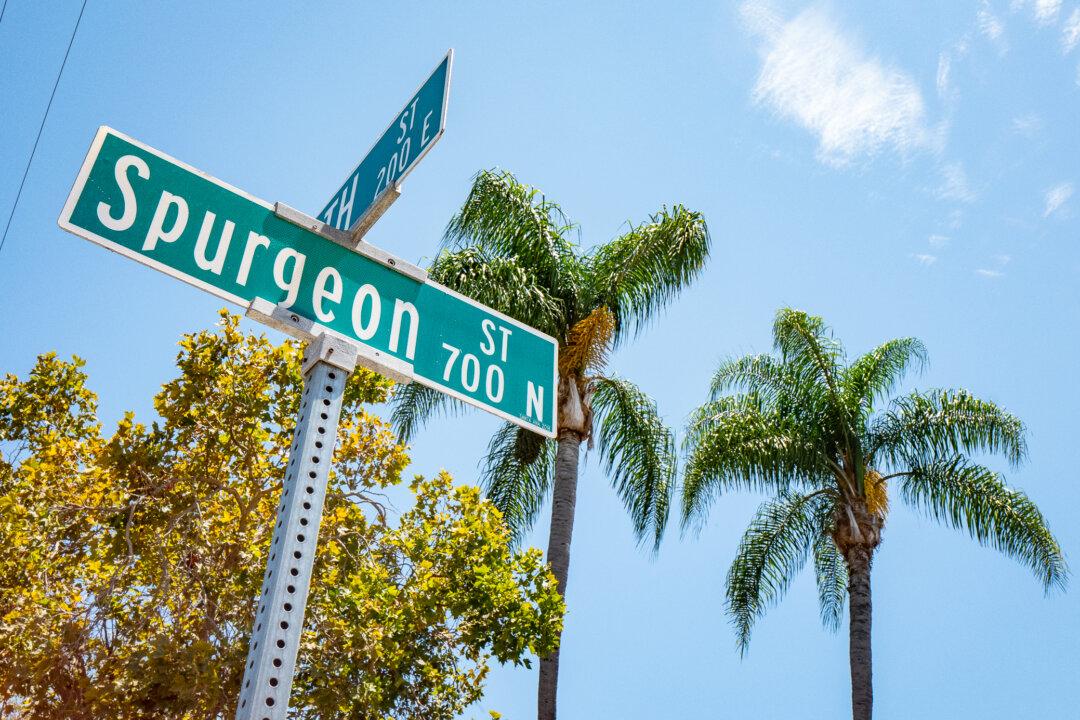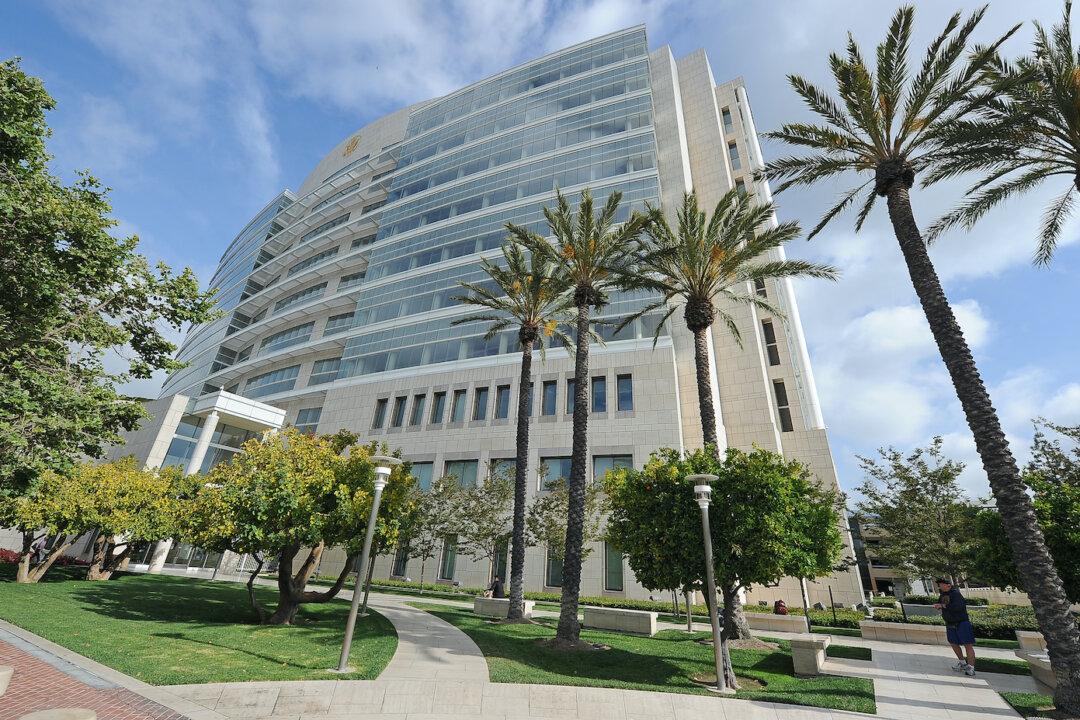The story of William H. Spurgeon—the founder of the city of Santa Ana and one of Orange County’s first supervisors—is a microcosm of the county’s dramatic early history.
Spurgeon, known as Uncle Billy, was born on Oct. 10, 1829, in Henry County, Kentucky. In 1830, his parents moved with him to Indiana, and then to Clark County, Missouri, in 1840.




